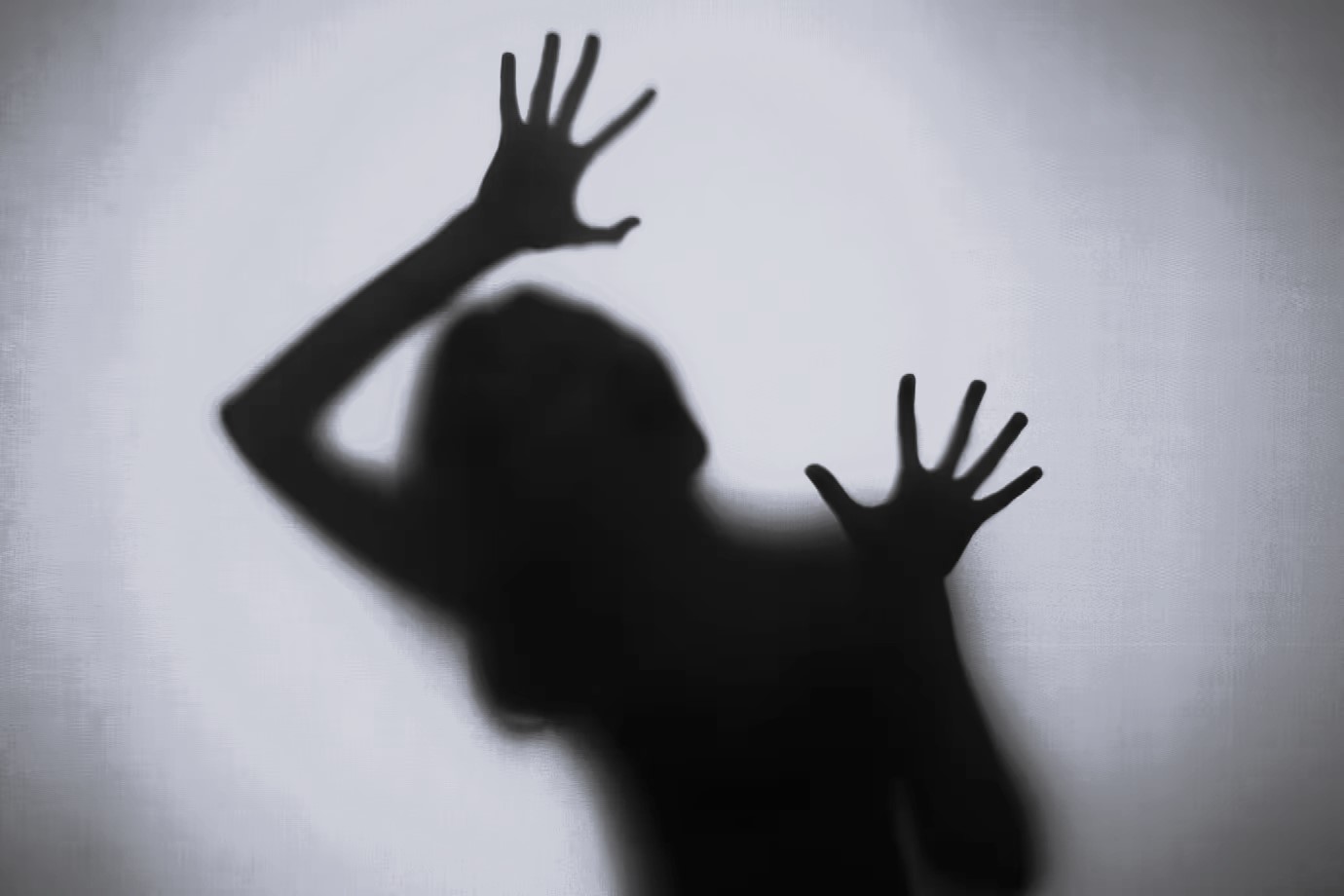Hotline: +381 61 63 84 071
Human Traffickers often "get away" with symbolic sanctions

Human Traffickers Often "Get Away" with symbolic sanctions
Photo: Freepick
The latest State Department report indicates that in some cases in Serbia, specialised support for child victims is lacking. The victims do not have equal access to justice.
The number of people investigated in Serbia for suspicion of participating in human trafficking is lower compared to the previous year, and those who committed this crime were charged with offences carrying lighter sentences, notes the State Department in its 2024 report on human trafficking. The document also states that in some cases in Serbia, specialised support for child victims is lacking.
The State Department notes that our country has been on the "watch list" for the third consecutive year and that it has not been downgraded to the third, lowest level due to certain efforts made in the fight against human trafficking, even though it does not fully meet the minimum standards for combating human trafficking. However, the report points out that significant efforts are being made to address this. These efforts, according to the State Department, include prosecuting suspects for human trafficking, issuing convictions for several of them, and compensating three victims.
The State Department's report notes that over the past five years, human traffickers have exploited both domestic and foreign nationals in Serbia, as well as Serbian citizens abroad. Women and girls are exploited for prostitution in Serbia, neighbouring countries, and across Europe. Men are also forced to work in the construction industry in Austria, Belgium, Croatia, France, Germany, Italy, Luxembourg, Montenegro, Russia, Switzerland, and the United Arab Emirates. Additionally, children, particularly Roma, are exploited in the sex industry and forced into labour and begging.
- The Center for the Protection of Human Trafficking Victims still suffers from a lack of staff, knowledge, and resources needed to consistently identify victims, refer them for recovery, and operate their shelter, which temporarily ceased operations due to failing to meet sanitary standards. Although prosecutors granted "particularly vulnerable witness" status to a more significant number of victims, implementation and access to justice remained insufficient, including a lack of privacy protection measures for victims, legal representation, and a victim-centred approach – the report states, among other things.
Jelena Hrnjak from the NGO "Atina," which fights against human trafficking, tells "Politika" that the report regarding Serbia is a concession or an exception to the rule.
- Although it was deserved for Serbia to receive a negative rating due to everything that was not done and what was inadequately done, one more chance was given to correct critical issues. The results of this report for Serbia are a reminder of everything crucial but not done, what was promised to be done but wasn’t, and what was promised to the victims of human trafficking and civil society organisations dealing with this issue. The effort made is not enough – says Hrnjak.
When asked whether she feels that human traffickers in Serbia mostly face prostitution charges, our interlocutor says that one of the most severe problems in the Serbian judiciary system is the practice of requalifying serious criminal offences. This practice, Hrnjak notes, significantly reduces the severity of committed crimes and allows perpetrators to avoid harsher punishments, often facing only symbolic sanctions.
- According to the Criminal Code, human trafficking is treated as one of the most severe offences, with prison sentences of up to 15 years. However, the frequent practice of requalifying it to mediation, which carries significantly lighter penalties, leads to the judiciary system not providing adequate protection to victims, and perpetrators often remain unpunished. This situation not only harms victims, leaving them without legal protection and necessary support but also undermines the legal order and detracts from the seriousness and complexity of human trafficking as a global and national problem. Therefore, the NGO "Atina" calls for urgent reforms that would ensure stricter application of existing laws and eliminate the practice of requalification that favours perpetrators at the expense of victims – our interlocutor states.
The State Department's report states that human trafficking victims were granted special status, but they were not provided with adequate access to justice. Hrnjak explains that this means not all victims of human trafficking can exercise their rights equally.
- In some cities, there are no primary conditions for a victim to give testimony in a protected environment, there are no technical conditions for them to be isolated, to provide statements via video link in the presence of a trusted person and a representative of the Witness Support Service. Their right to privacy and data confidentiality was also violated, and there were problems in exercising their right to healthcare, legal support, and assistance – Hrnjak says.
You can read the original text at the link: Trgovci ljudima se često „izvuku” sa kaznom za makroe (politika.rs)












 FACEBOOK
FACEBOOK TWITTER
TWITTER YOUTUBE
YOUTUBE